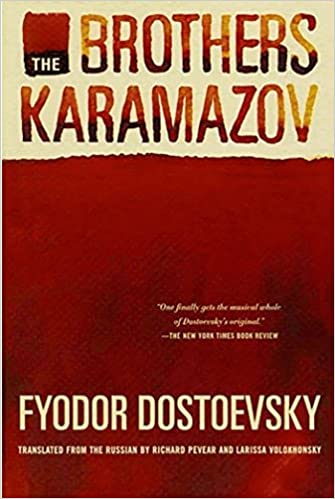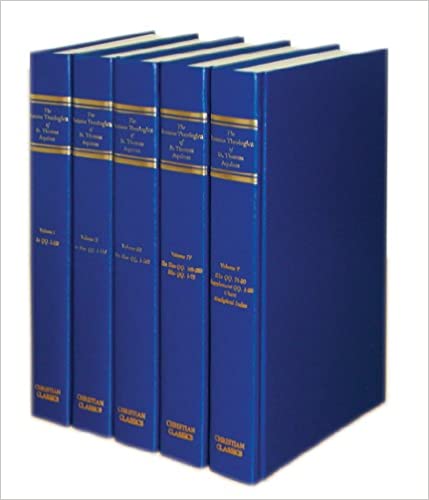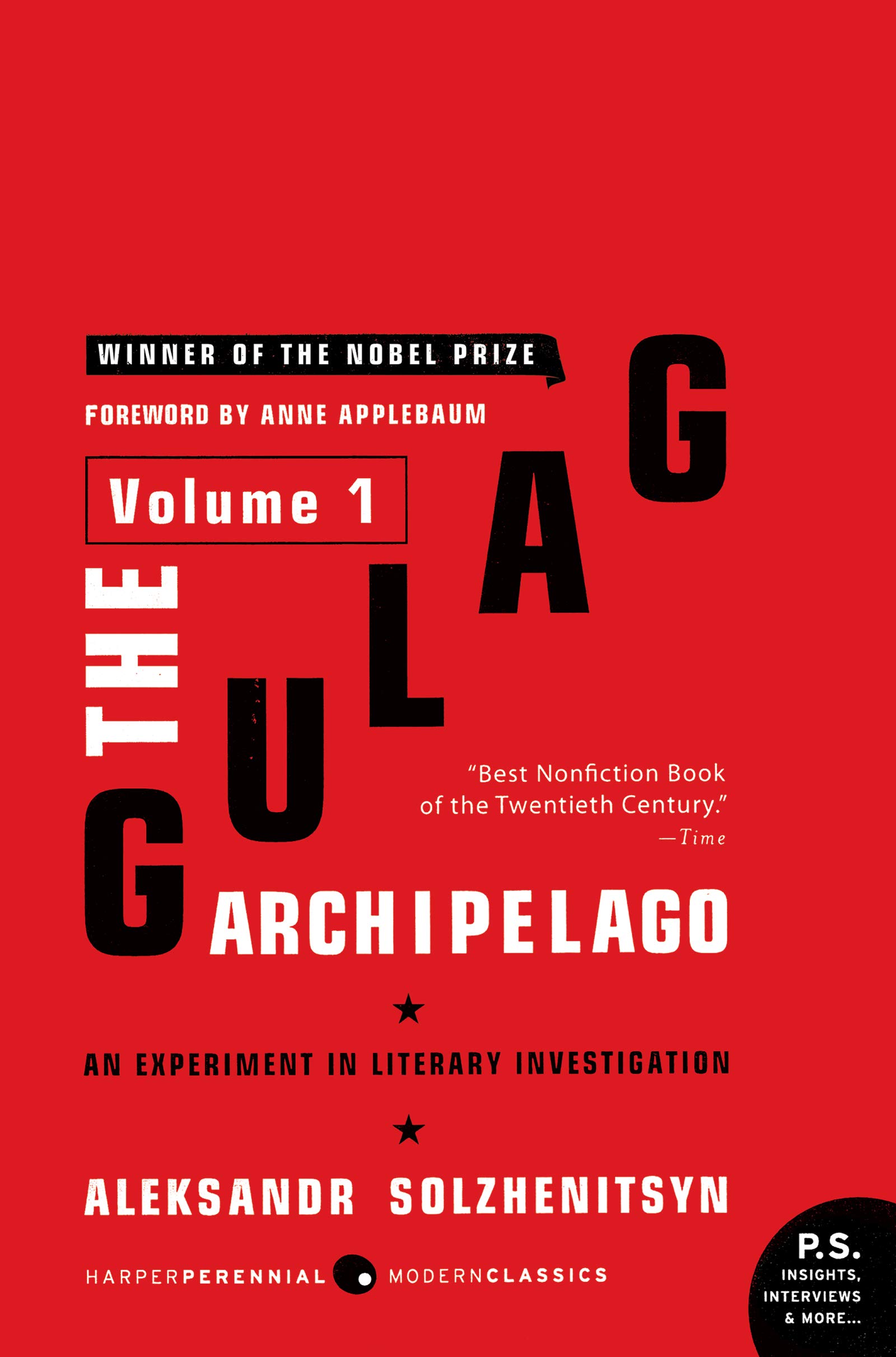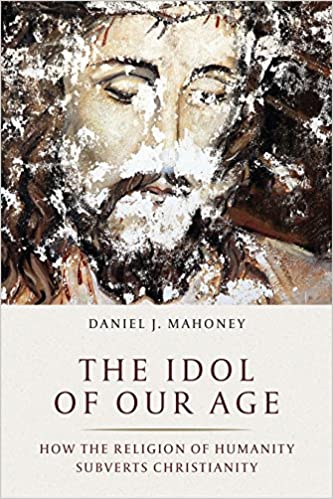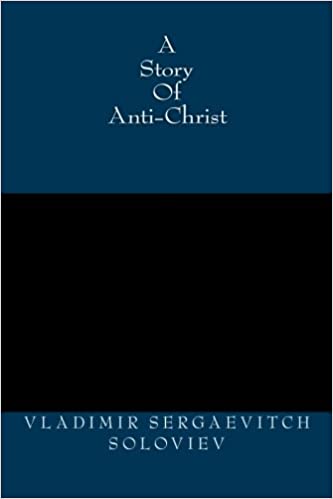The Brothers Karamazov
"The Brothers Karamasov is a murder mystery, a courtroom drama, and an exploration of erotic rivalry in a series of triangular love affairs involving the “wicked and sentimental” Fyodor Pavlovich Karamazov and his three sons―the impulsive and sensual Dmitri; the coldly rational Ivan; and the healthy, red-cheeked young novice Alyosha. Through the gripping events of their story, Dostoevsky portrays the whole of Russian life, is social and spiritual striving, in what was both the golden age and a tragic turning point in Russian culture.
This award-winning translation by Richard Pevear and Larissa Volokhonsky remains true to the verbal
inventiveness of Dostoevsky’s prose, preserving the multiple voices, the humor, and the surprising modernity of the original. It is an achievement worthy of Dostoevsky’s last and greatest novel."
The Summa Theologica of St. Thomas Aquinas
The Summa Theologica, St. Thomas Aquinas' brilliant synthesis of Christian thought, has had a decisive and permanent impact on philosophy and religion since the thirteenth century. As the title indicates, is a summing up of all that can be known about God and humanity's relations with God. Divided into three parts, the work consists of 38 tracts, 631 questions, about 3000 articles, 10,000 objections and their answers. This complete edition of the work, published in five volumes, was translated into English by the Fathers of the Dominican Province and first appeared in 1911. A revised edition was published in London in 1920, and in America in 1947. The Christian Classics edition is a reproduction of the 1947 Benziger Brothers edition.
More info →The Gulag Archipelago
“BEST NONFICTION BOOK OF THE 20TH CENTURY” —Time
Volume 1 of the gripping epic masterpiece, Solzhenitsyn's chilling report of his arrest and interrogation, which exposed to the world the vast bureaucracy of secret police that haunted Soviet society. Features a new foreword by Anne Applebaum.
“The greatest and most powerful single indictment of a political regime ever leveled in modern times.” —George F. Kennan
“It is impossible to name a book that had a greater effect on the political and moral consciousness of the late twentieth century.” —David Remnick, The New Yorker
“Solzhenitsyn’s masterpiece. ... The Gulag Archipelago helped create the world we live in today.” —Anne Applebaum, Pulitzer Prize-winning author of Gulag: A History, from the foreword
The Idol of Our Age
This book is a learned essay at the intersection of politics, philosophy, and religion. It is first and foremost a diagnosis and critique of the secular religion of our time, humanitarianism, or the “religion of humanity.” It argues that the humanitarian impulse to regard modern man as the measure of all things has begun to corrupt Christianity itself, reducing it to an inordinate concern for “social justice,” radical political change, and an increasingly fanatical egalitarianism. Christianity thus loses its transcendental reference points at the same time that it undermines balanced political judgment. Humanitarians, secular or religious, confuse peace with pacifism, equitable social arrangements with socialism, and moral judgment with utopianism and sentimentality.
With a foreword by the distinguished political philosopher Pierre Manent, Mahoney’s book follows Pope Emeritus Benedict XVI in affirming that Christianity is in no way reducible to a “humanitarian moral message.” In a pungent if respectful analysis, it demonstrates that Pope Francis has increasingly confused the Gospel with left-wing humanitarianism and egalitarianism that owes little to classical or Christian wisdom. It takes its bearings from a series of thinkers (Orestes Brownson, Aurel Kolnai, Vladimir Soloviev, and Aleksandr Solzhenitsyn) who have been instructive critics of the “religion of humanity.” These thinkers were men of peace who rejected ideological pacifism and never confused Christianity with unthinking sentimentality. The book ends by affirming the power of reason, informed by revealed faith, to provide a humanizing alternative to utopian illusions and nihilistic despair.
More info →A Story Of Anti-Christ
This is a story of the Anti-Christ, written by the Russian mystic Vladmir Soloviev in 1900, this futuristic tale is set after the fictional conquest of Asia and Europe by an ever-expanding Japanese empire. In the cultural and sociological aftermath of this great war, a unique man appears. He is special, beautiful and brilliant in everything he says or does. He is, in every respect, a superman. After a mysterious midnight visit from a shadowy, incorporeal being claiming to be his 'father', this man at once sets to write an expansive treatise, universally acclaimed. When the closely bonded Catholic, Orthdox, and Protestant churches raise an objection with the work based on its total omission of Christ, the superman invites the remainder of these churches to a grand summit in Jerusalem. Aided by his dark magician, the superman's stage is then set to either gain the complete support of the three remaining churches, or to destroy them utterly. This 2012 reprint of Soloviev's classic (and almost forgotten) work is simply bound for a crisp appearance which makes it ideal for the personal library or the classroom. Footnotes provide greater detail to some minor points.
More info →
